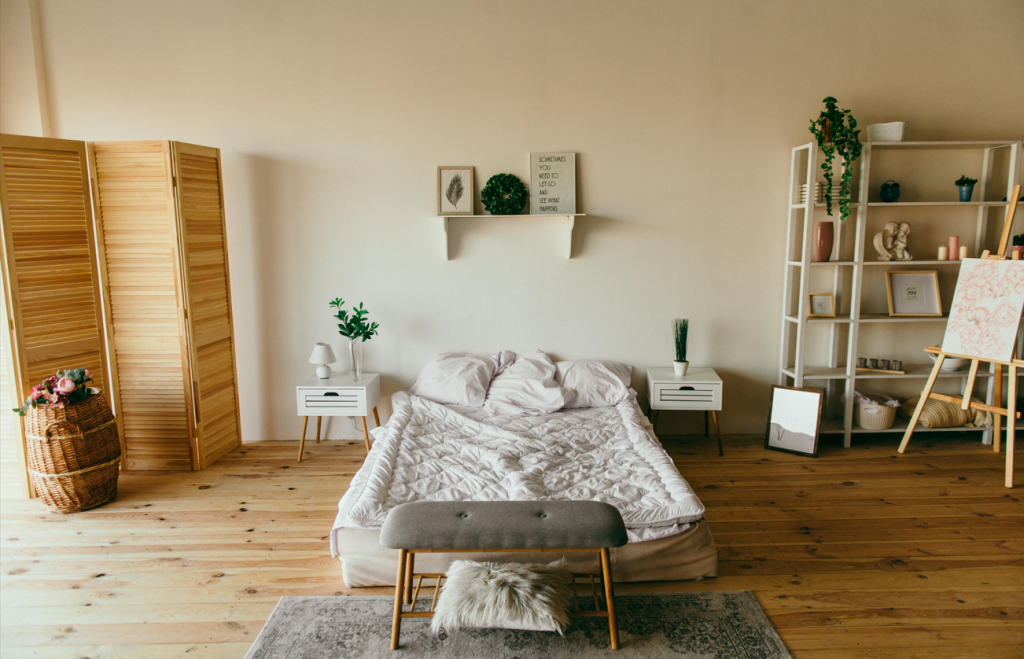
(image: Fuu J: Unsplash)
Sometimes life feels like a constant effort to keep up. We try to do things the “right” way, to make choices that look successful, to follow what others say will make us happy. Yet inside, many of us still feel anxious, confused, or tired. We wonder why it seems easier for others to find peace or purpose.
Human Design offers a different way to understand yourself. It is not about fixing or changing who you are. It is about learning how you naturally work: your energy, emotions, and ways of making decisions. When you understand this, life can start to feel lighter and more peaceful.
You can get a free Human Design Chart online using your birth details. The chart may look unusual at first, but it gives insight into how you are wired, how you connect with others, what drains you, and what supports your wellbeing.
So much of our mental stress comes from trying to be someone we are not. Human Design can help you see that your way of being is not wrong, it is simply different.
For example, some people are made to act quickly and follow their gut. Others are meant to take time and wait until things feel clear. If you are naturally the second type, trying to rush decisions can create anxiety or pressure. Learning your own rhythm helps you slow down and trust yourself. That simple understanding can calm the mind and reduce self-doubt.

Human Design reminds us that there is no single right way to live. Everyone has a different type of energy and purpose. When we stop comparing ourselves to others, something inside us relaxes.
You may begin to notice when your energy feels low and choose rest instead of pushing through. You might stop blaming yourself for needing quiet time or for feeling different. This acceptance helps reduce guilt and stress, which are heavy weights on mental health.
Another quiet gift of Human Design is how it can improve relationships. We often expect others to think, feel, or react the way we do. But when you understand that people have different emotional patterns and decision styles, it becomes easier to give space and kindness.
You may find more patience with your partner or family. You may notice that certain people energize you while others drain you, and you can make choices that protect your peace. Healthier connections grow from understanding, not control.
Human Design is not a quick fix. It is more like a mirror that helps you see yourself clearly. You can explore at your own pace, and you do not have to believe in anything spiritual to find meaning in it. It is simply a way to understand your patterns and give yourself permission to live more gently.
If you want to explore further, you can look into Human Design Software to study your chart more deeply and learn how your energy works day to day. But even just reading your basic chart can spark a lot of reflection and relief.
Good mental health often begins with acceptance. Human Design invites you to stop forcing yourself to fit an idea of how life “should” be and to start listening to what feels right for you.
When you live closer to your true design, life often feels softer. You react less, you rest more, and you start to trust that your own way is enough. There is no competition in that, just a quiet kind of peace.
In the end, Human Design is simply one more way to understand yourself with kindness. And that kindness, over time, becomes the foundation for healing.
This blog post contains sponsored links. Check out more at bodygraph.com












